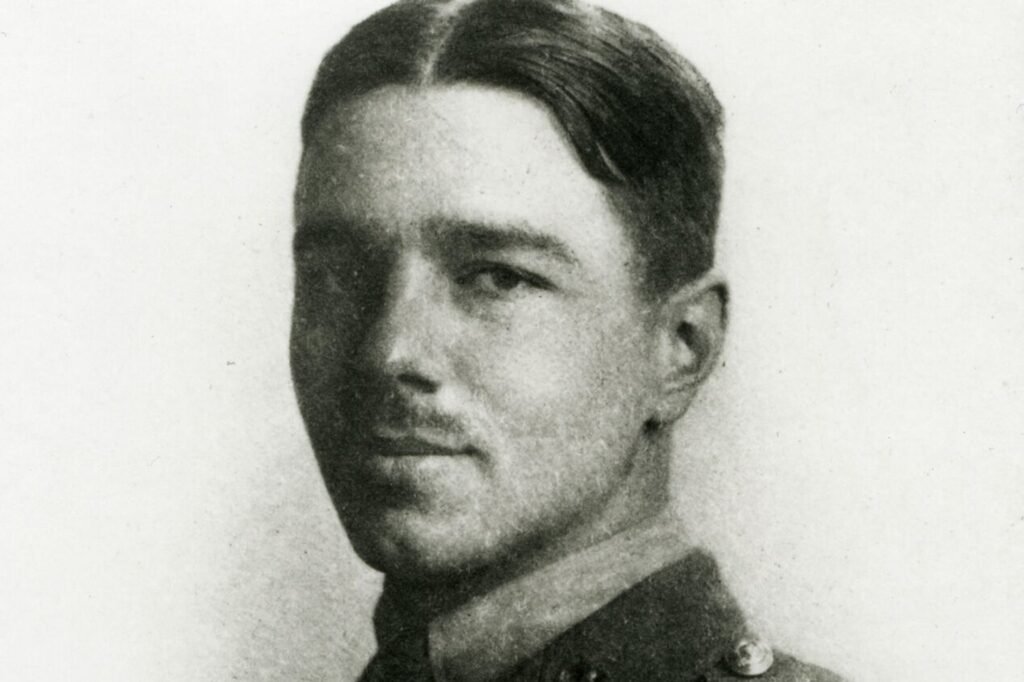Listen and wail Tommy Robinson
Have a stiff drink Lee Anderson
And run Katie Hopkins! Run as fast as you can!
I’m an English Teacher Muslim man…
I’m your worst nightmare; I’m a living curse
When you hear my words, living may turn worse
For 24 years and around six months
Through the cold seasons and the worldly slumps
In the day I have read the rhythms of Blake
To the kids, for exams that they have to take
But before the glory of the rising sun
After sunset falling, equilibrium
I have prayed like the way of the Taliban
I’m an English Teacher Muslim man!
Run, run- get Prevent as fast as you can
I’m an English teacher Muslim man…
I have read Shakespeare with the children rapt
Then in lunch I have read the Quran resting in my lap
I’m an English teacher bewitched by the words
From the English-speaking literary world
But there’s also something you must understand
I’m an English teacher Muslim man…
Run, run-tell Michael Gove as fast as you can
I’m an English teacher Muslim man…
You may think I’m an oxymoron fiend
The anti-thesis of your Union dreams
I don’t fit in your ‘uz and them’ story
Coz I live the Quran but I teach poetry
I wasn’t conceived and born outside
In the Royal Bucks hospital, I did cry!
Just a stone-throw away from Vernon Scannell
I was raised in Aylesbury near the canal
At school with Catholics I did sing
And performed as the king in Rumpelstilskin
I was good at writing stories-grand
I’m an English teacher Muslim man
You say that Islam does not belong here
But signs of Allah are everywhere
Every breath I’ve taken whilst on this land
I have followed the Sharia, like the desert sands!
I have said my prayers; I have given my alms
I have fasted the month of Ramadan
I have made jihad with my English words
In the local earth are my elders interred
I took unpaid leave to perform the Hajj
But I’ve learned from Tybalt: don’t hold a grudge!
From Inspector Goole to care and share
And from Mary Shelley hubris beware!
And from Dr Jekyll, duplicity
And from Scrooge: goodwill’s felicity
But the Holy Quran is my motherland
I’m an English teacher Muslim man
Run, run, call Trump as fast as you can
I’m an English teacher Muslim man
So Tommey and Katie, Boris and friends
Where do you think this is going to end?
The only thing you can possibly do
Is to throw me out with the vindaloo!
That won’t solve the teacher shortage of course
And there’s thousands more like me in force!
My wife was a teacher, worked in schools
In my tribe, three doctors work, so cool
My brother and brothers-in-law experts
In IT infrastructure they work
There are psychologists, directors, nurses
Mid-wives, lawyers, and taxi hearses!
Some of my friends run eateries
Some run buses and late taxis
We have ripened on these streets right here
Will you throw us all out into the thin air?
Perhaps if you spent some time with us
You would realise there is not much fuss
We are much alike; we have differences
But there is some chance that we all can live
We are bound to Palestine, the free
You are bound to Israel’s dynasties
There is much to hate, but there’s much to learn
The Joker’s the one- wants the world to burn
You seek to be true to the ones like you
We seek to be true to our God so true
So beware things may go out of hand
I’m an English teacher Muslim man
You carry on loving your old St George
Have a good knees up, praise the Lord!
Carry on praising King and Queen
But careful Boris don’t be obscene
We’re not here to possess your ancestral lands
The earth’s is God’s, do you understand?
And Douglas Murray: we’re not weaselling through,
You need us just as we need you…
So, I leave you just in case you’ve not heard
The very first word of the Quran’s World
Read, read, as deeply as you can
I’m an English teacher Muslim man





